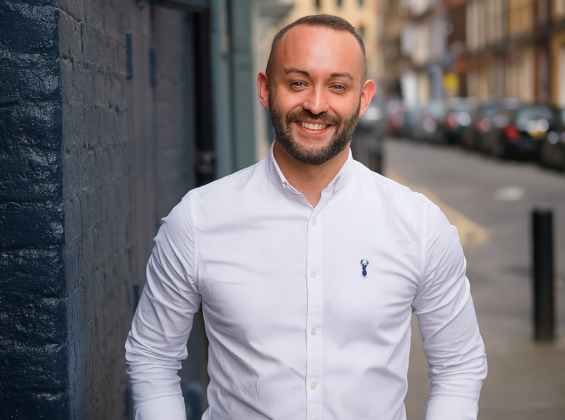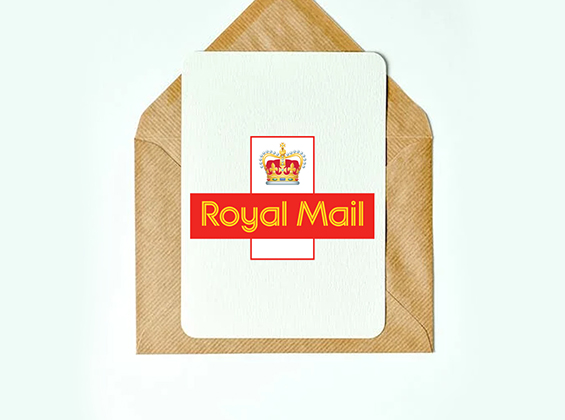
Bauer Media appoints new Head of People – UK Publishing
Bauer Media Group has confirmed that Paul Broughton will join its UK Publishing business as Head of People – UK Publishing.
Industry News
Industry News
David Hepworth remembers Time Out founder and long-time PPA supporter Tony Elliott, who sadly died last week.
I last saw Tony Elliott a couple of years ago at the opening of "Print! Tearing It Up", Paul Gorman's Somerset House exhibition celebrating "independent British magazines changing the world".
Tony was in his element that day, proudly pointing to the relics he'd been able to unearth from the early years of Time Out and reminiscing about the days when you could only do a headline if you first went and bought the Letraset at a newsagents, you could only take a photograph if you knew somebody who had a camera and you went home at the end of the day with half the magazine stuck to the soles of your shoes.
Tony was one of that select band of long haired entrepreneurs who was just that bit more practical than his contemporaries. While they were busy rolling another one he would be out there finding a printer. But he was a very different personality. Unlike Richard Branson he didn't seek personal publicity. Unlike Felix Dennis and Jann Wenner he didn't want everybody to know what he was thinking all the time. Arguably he left a greater legacy than any of them in the sense that the magazine he invented shaped our view of first London and then other world capitals.
I first came to London in 1968, the year that Time Out was launched. By the mid-70s it was simply indispensable to the living of a certain kind of life. If you wanted to know where you could go to see Sam Peckinpah's "The Wild Bunch", how much it would cost to see Dr Feelgood at north London Poly, what was the nearest tube station for London's only vegetarian restaurant, when various pubs had their gay nights and how to order this strange new food called the kebab, there was simply no other way of finding out than in the pages of Time Out. It was the internet of its day.
There had been listing and entertainment magazines before but Time Out was the only one that understood that the massive influx of students who were coming to London in that era wanted something different from the standard tourist experience and had limited funds when it came to paying for it.
Tony wouldn't have thought of himself as a civic booster but he and his magazine were at the forefront of a movement to reclaim London's public spaces and promote it as a place where you could enjoy a full life. At the time the magazine started people were still moving away from London. The areas that are swinging in 2020 were no-go zones at the time, flattened by the Luftwaffe and disdained by the planners. In 1971 they were going to turn Covent Garden into a car park. Time Out publicised the efforts to resist what seemed an inevitable tide and throughout the following decade celebrated anyone who was trying to restore London to Londoners, the overwhelming majority of whom had not been born in the place.
Through the prism of Time Out these incomers, who had no personal network and often felt lost and alone in the vast city, came to feel they could belong, whether in Gay London, Kids London, Pub Rock London, Joggers London, Arty London, Foodie London, Real Ale London or the seemingly endless variety of ethnic Londons.
He was a quiet man. When you met him you couldn't believe that this man had prevailed over the editorial voices who wanted to turn his magazine into a collective, many of whom went off to start the competing "City Limits", or that he'd seen off some very well-funded opposition from Richard Branson's "Event". Every publisher in London thought he would come a cropper when he expanded into New York in the 90s but he didn't. The chairman of a major company told me that every few years in the 90s Tony would be taken to lunch to hear how much money Time Out would fetch if he sold it. Tony always smiled and said, "no thanks". He could have walked away richer than God but then, you got the impression, what would he do?
The best memorial to Tony Elliott is the quiet pride that most Londoners still feel on contemplating the sometimes overwhelming variety of the city they live in. Some of that is thanks to him. It's no small thing.

Bauer Media Group has confirmed that Paul Broughton will join its UK Publishing business as Head of People – UK Publishing.

On 10 July, Ofcom published its final decision on reforms to the Universal Service Obligation (USO), confirming a number of changes that will significantly affect how subscription magazines are delivered.
Chancery House, 53-64 Chancery Lane, London WC2A 1QS




If you have a member login, enter your details below. Please note, that your login is for PPA.co.uk only and not for our event sites.
If you are a member but don’t have an account yet, you can setup your account here.
Any problems, please contact membership@ppa.co.uk.